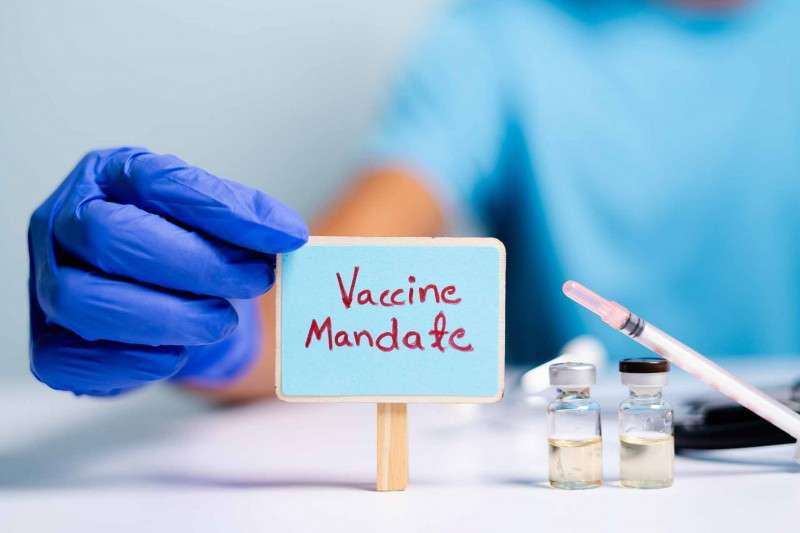
Dear Client:
We just wanted to update you on the most recent developments in the COVID-19 vaccination world. First up, you should know that OSHA has suspended enforcement of its recently announced vaccine mandate, which would have applied to employers with at least 100 employees. OSHA has suspended the mandate because OSHA was sued by several states, and the case is currently in front of the U.S. 6th Circuit Court of Appeals, which will decide whether the current stay on the mandate will be lifted or held in place.
In either case, whichever side loses that appeal will likely take the case to the U.S. Supreme Court. So, the likelihood of anything happening in the relatively near future is slim.
That is, however, in direct contrast to the vaccine mandate issued by the Centers for Medicare & Medicaid Services (“CMS”). Although the CMS has been sued as well by several states, that mandate, which applies to virtually every employee of virtually every healthcare provider receiving Medicare or Medicaid reimbursement, should be treated as if it’s going to be effective. To that end, affected employers must ensure either that they have received their employees’ exemption requests or that they have had their first shots by December 5th, and must further ensure that all necessary employees are vaccinated by January 4, 2022. As a final note on the CMS mandate, the lawsuits referenced above have all requested an injunction against the CMS mandate, though no hearing date has yet been set. RMI is closely monitoring this situation, and we’ll keep you updated as developments evolve
The next item up is for our clients doing business in Utah. On November 16, 2021, Governor Cox signed into law the Workplace COVID-19 Amendments bill, which is designed to relieve most Utah employees (the law specifically does not cover the employees of employers who would be covered by the CMS mandate) of any vaccination requirement imposed by their employer. The law went into effect the same day. And, although OSHA’s mandate is currently on hold, if it is ultimately upheld by the U.S. Supreme Court, then, because it is federal law, it will likely preempt Utah’s COVID Amendments. For now, though, Utah employers must comply with the Utah COVID law.
The Utah law does not actually ban vaccination mandates, but instead requires Utah employers to excuse an employee’s compliance with such a requirement if the employee submits a statement that (1) the vaccine is injurious to the health and well-being of the employee (this essentially mirrors the OSHA mandate ADA exemption); (2) the vaccine conflicts with a sincerely held religious belief, practice, or observance (this essentially mirrors the OSHA mandate religious exemption); or (3) the vaccine conflicts with the employee’s sincerely held personal belief. It’s this third exemption that is, basically, a catch all that allows anyone who wants to decline getting the vaccine to say so.
The Utah law further prohibits employers from terminating, refusing to hire, demoting, or reducing the wages of anyone who refuses to get the vaccine for one of the above-noted reasons. The employer can, however, reassign the employee to a different job or, alternatively remove the employee from the workplace while continuing to pay them. Finally, there is nothing in Utah’s new law that prohibits employers from requiring non-vaccinated employees to wear masks, socially distance, or submit to testing in lieu of vaccination, though employers are required to pay for that testing. And, remember, this new Utah law does NOT apply to any employer covered by the CMS mandate.
As a final note, for our clients doing business in California, note that, as a result of the stay of enforcement of the federal OSHA vaccine or test mandate, the state’s Occupational Safety and Health Standards Board announced Monday that they were putting the brakes on adopting their own state-specific version of that mandate.
